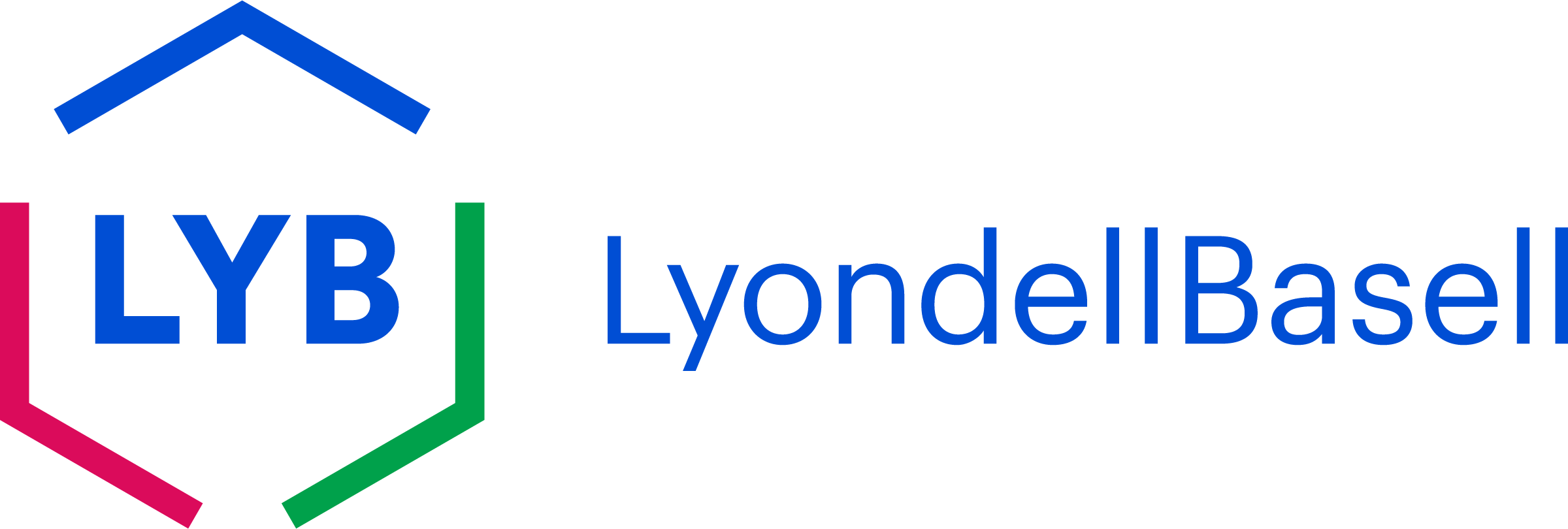Auburn Hills, Michigan, June 16, 2008 – Sequel® E3000 engineered polyolefin, a thermoforming grade produced by LyondellBasell Industries, has successfully replaced stamped metal in the cab of the Wolverine All-Terrain Vehicle (ATV).
The Wolverine is a tracked, amphibious vehicle designed for task and terrain versatility in challenging industrial and military environments. A fully enclosed cab protects the operator, passengers, and sensitive equipment from the extremes of temperature and weather. The vehicle is built by a business unit of sheet-metal fabricator Dumur Industries in White City, Saskatchewan, Canada.
When Dumur Industries decided to enlarge the cab on the latest models, they took advantage of the opportunity to switch from painted metal to thermoformed plastic, which reduced both the cost and weight of the cab’s components. Pre-colored plastic would also eliminate the need for painting and the associated emissions of VOCs (volatile organic compounds), reducing both manufacturing and maintenance costs.
Sequel®E3000 engineered polyolefin reduces cost and weight
The conversion from metal was initially targeted for a conventionally configured sheet of ABS (acrylonitrile butadiene styrene) laminated with a cap layer of ASA (acrylonitrile styrene acrylate) for protection against weathering. The material that finally enabled these cost and weight savings is Sequel® E3000 engineered polyolefin, which is a material selected by customers for sheetstock to be used in thermoforming applications.
The excellent balance of properties provided by Sequel E3000 polyolefin addressed the requirements of the new cab components: a low coefficient of linear thermal expansion (CLTE) for dimensional stability, excellent impact resistance, low-temperature ductility, colorability, and integral UV resistance. Sheet for the new cab components is extruded in color by Orion Plastics, Inc. in Edmonton, Alberta, Canada.
Low-temperature ductility eliminates cracking
“Some of the first vehicles produced with the ABS/ASA cabs were sent to work in the oil fields of northern Alberta,” said Paul Omilon, vice president for business development at Dumur Industries. “In operations at extremely low temperatures, cracks developed and propagated from the points where the plastic components attached to the cab’s metal framework. That’s when Orion Plastics recommended that the parts be formed from Sequel® E3000 engineered polyolefin.”
The shrinkage performance of the Sequel compound is similar to that of ABS, but the engineered polyolefin offers superior dimensional stability, as well as better resistance to impact and cracking, particularly at low temperatures. Sequel E3000 polyolefin is also inherently weatherable, eliminating the need for the ASA cap layer required by ABS sheet for UV protection.
Sequel E3000 engineered polyolefin exhibits ductility at temperatures as low as −30 °C. The material can be easily processed in color, or the parts can be painted using conventional methods. Material for the Wolverine cab is delivered as an uncolored natural. Orion Plastics adds pigment during the extrusion process to produce sheetstock in a color-matched orange.
First industrial exterior presents attractive, durable appearance
“Dumur Industries is the first OEM we know about to produce a hard-core industrial exterior in an engineered polyolefin,” said Greg Makar, sales manager at Orion Plastics. “New vehicles with the improved cabs are at work in the field now, and there have been no issues with cracking.”
The complete cab consists of seven separate components with a total weight of approximately 180 pounds. The parts are formed with a “light haircell” grain, which minimizes the appearance of surface scuffing. The color and UV resistance permeate the sheet, so any visible edges and exposed reverse surfaces have the same look and durability as the exterior.
Temperature control is key to successful forming
Forming of the components is done by Acrylon Plastics in Winkler, Manitoba, Canada. “We were familiar with the requirements for forming an engineered polyolefin,” said Ron Funk, operations manager at Acrylon. “It’s more like forming polyethylene than ABS, because it is critical to eliminate temperature variations during the process, and we’ve had a great deal of experience and success with temperature control techniques. We’ve built our business by providing our customers with solutions to challenges such as these.”
Designed for low-volume production, the tooling had been done in wood. Acrylon was able to complete some unfinished tools, taking the opportunity to consolidate parts and to reduce the final component count from ten to seven.
“Sequel E3000 engineered polyolefin was a perfect fit for this program,” said Greg Smith, Sales Manager of the Specialty Business unit in LyondellBasell Advanced Polyolefins, “because it provided durability in a demanding environment, while affording an acceptable level of aesthetics. But the success of this application is a result of the efforts and the expertise of the entire supply chain — a team effort to meet the needs of the OEM customer.”
LyondellBasell Industries is one of the world's largest polymers, petrochemicals and fuels companies. LyondellBasell is the global leader in polyolefins technology, production and marketing; a pioneer in propylene oxide and derivatives; and a significant producer of fuels and refined products, including bio-fuels. Through research and development, LyondellBasell develops innovative materials and technologies that deliver exceptional customer value and products that improve quality of life for people around the world. Headquartered in The Netherlands, LyondellBasell (http://www.lyondellbasell.com/) is privately owned by Access Industries.
# # #
Note for editorial offices: This complete release, including a high-resolution file of the accompanying photograph, can be downloaded from the company’s website: http://www.apo.lyondellbasell.com/services/news/0,,42299-2-0,00.htm
Product and application contacts:
Product information:
Greg Smith, Sales Manager, Specialty Business Unit
LyondellBasell Advanced Polyolefins USA Inc.
Auburn Hills, Michigan
Phone: +1 248 391 9528
e-mail: greg.smith@lyondellbasell.com
Dumur Industries:
Paul Omilon, Vice President, Business Development
Dumur Industries
White City, Saskatchewan
www.wolverineatv.com
Phone: +1 306 757 2403
Acrylon Plastics:
Ron Funk, Operations Manager
Acrylon Plastics
Winkler, Manitoba
www.acrylon.com
Phone: +1 204 325 9569, ext. 322
Orion Plastics:
Greg Makar, Sales Manager
Orion Plastics, Inc.
Edmonton, Alberta
Phone: +1 708 431 2112
Toll-free: +1 877 711 2112
Caption:
Dumur Industries replaced the metal cab of the Wolverine amphibious, tracked vehicle with thermoformed plastic components, increasing the size of the enclosure, while reducing both cost and weight. Cold-weather operations produced cracking at attachment points in components formed from traditional ABS sheet with an ASA cap layer. That’s why sheet-extruder Orion Plastics recommended a switch to Sequel® E3000 engineered polyolefin produced by LyondellBasell Advanced Polyolefins USA Inc.
Sequel E3000 engineered polyolefin is selected by customers for extrusion into sheetstock to be used in thermoforming applications. The material combines excellent impact resistance with low-temperature ductility and UV resistance, so a cap layer is not required for weatherability. Sequel E3000 polyolefin is designed to exhibit ductility at temperatures as low as −30 °C. This material can be easily colored, eliminating the cost of painting along with the emissions of volatile organic compounds (VOCs) associated with the painting process.
All seven components of the cab are now produced in Sequel E3000 polyolefin material in a color-matched orange with a lightly grained surface, reducing both the cost and the weight of the Wolverine ATV without compromising appearance or durability.

